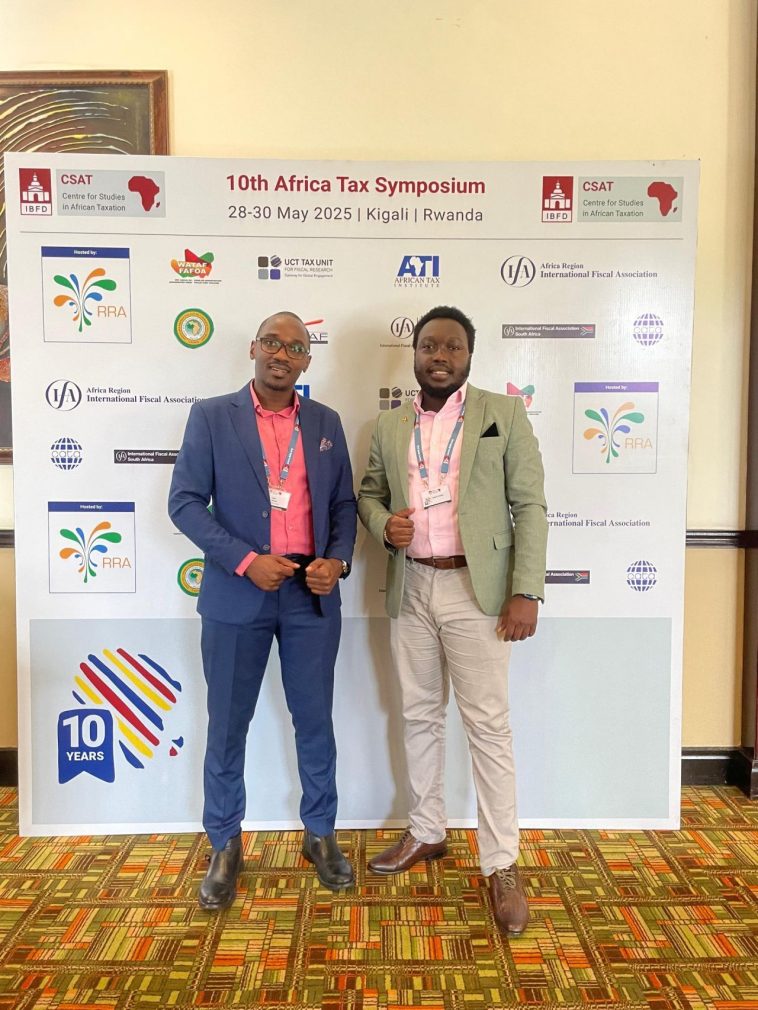I attended the 10th Africa Tax Symposium in Kigali, Rwanda dissecting trends in international tax from an African perspective.
The forum was graced by tax practitioners, revenue authorities and policy makers in government from across Africa to reflect on practical challenges faced in application of domestic laws and tax treaties.
In addition, broader cross cutting issues such as domestic resource mobilisation in the face of dwindling donor aid were analysed as facilitated by other related fields such as international trade and investment.
From the keynote speech made by the Commissioner General, Rwanda Revenue Authority, Africa has a huge opportunity for growth and industrialisation but this will require strengthening continental institutions that focus on solutions for African challenges like African Union and African Development Bank Group.
Numerous sessions were held during the symposium and the key developments highlighted include:
Several African countries have adopted the global minimum tax rules in line with pillar one framework for more equitable taxation following negotiations facilitated by the OECD and UN tax committee.
Developing countries are putting in place specific Digital Services Tax (DST) legislation to tap into revenues earned by organisations without a local jurisdiction presence.
Precedence has been set from cases decided in Kenya, Tanzania setting aside expectations arising from provisions laid out in existing tax treaties entered with developed countries.
The key to Domestic Resources Mobilisation (DRM) lies in fostering trust, transparency and accountability between governments and their citizens while creating an enabling environment for businesses to thrive.
Supportive policies providing incentives and legal frameworks should be put in place to transition the informal economy to the formal economy widening the tax base.
Transfer Pricing models previously adopted by multinationals will severely be affected in the face of rapidly changing tariffs.
Increasing pressures on the revenue authorities to mobilise domestic revenues have culminated into a spike in disputes being referred to the courts across Africa.
Advance Pricing Agreements (APAs) are a viable alternative for multinationals in addressing the conundrum of tax uncertainty in the face of rapidly evolving policies.
Africa needs to actively participate in the ongoing discussions shaping global tax policies so that our interests as a continent are taken into consideration.
The developments discussed present renewed optimism towards the possibility of having in place policies that will bring about global tax equality despite the challenges to overcome during the negotiations.
Great work done by the IBFD together with all its supporting partners for putting together such an insightful symposium as we look forward to tangible results bringing about impactful global tax policy changes.
This post was created with our nice and easy submission form. Create your post!





